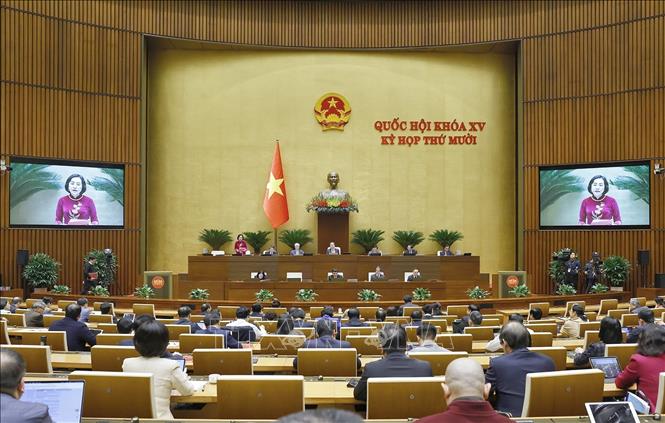
Giving opinions on the Law amending and supplementing a number of articles of the Law on Education , delegate Ly Thi Lan (Tuyen Quang) paid special attention to the issue of preschool education, emphasizing that this is the "biggest bottleneck and cannot be solved by the old way of doing things".
Delegates from Tuyen Quang province affirmed that in mountainous areas and ethnic minority areas, if the problem of preschool education is not solved, all goals of improving the quality of education cannot be realized.
"Preschool children cannot walk long distances; they cannot stay in boarding schools for long periods because they are too young; the terrain is fragmented, making it difficult to get to class, and it is impossible to operate a preschool in a favorable area," the delegate stated.
Therefore, delegate Ly Thi Lan said that preschools are not a choice, but an objective characteristic in mountainous provinces, border areas, and ethnic minority areas. Although facilities have been invested, if there are no teachers in the villages, we cannot open classes for 2-3 year old children and even more so, we cannot achieve the goal of universal preschool education for 3-5 year old children in this area.
For those reasons, delegates proposed to add to Article 29 of the draft Law the following content: "Localities are allowed to organize the main school - school point - nursery group model suitable to the terrain conditions; the State ensures the staffing and minimum conditions for kindergarten points in mountainous areas, border areas, and ethnic minority areas".
According to the delegate, this will be the legal basis to ensure that mountainous provinces, border areas, and ethnic minority areas maintain schools sustainably, with allocated staff, and no longer have the situation of "wanting to open a class but not having a teacher, wanting to maintain a kindergarten but not having a job position"; ensuring the consistent viewpoint of "where there are students, there must be teachers".
At the same time, delegate Ly Thi Lan also emphasized that recruiting native teachers is the key to solving the bottleneck. It is not the facilities or equipment, but the teachers themselves that determine the quality of education. Mountainous, border, and ethnic minority areas always face a serious shortage of teachers. Native teachers are the "soul" of preschool classes because they speak the ethnic language, understand customs, are trusted by parents, and have a long-term commitment to the school, the village, and the students. If the problem of training and recruiting native teachers is not solved, the bottleneck of preschool education will never be completely resolved.
"On Vietnam Teachers' Day, the most meaningful gift we can send to teachers in mountainous, border and ethnic minority areas is not a bouquet of flowers, but the right and timely policies that reach what they need most: classes to teach, students to keep and a future to entrust," delegate Ly Thi Lan shared.
Giving her opinion at the discussion session, delegate Nguyen Thi Lan (Hanoi) was concerned about the issue of human resource development for the agricultural sector and essential industries, an issue that she said is "strategic and urgent at present", but is facing difficulties in attracting students.
According to the Hanoi City delegate, the National Assembly's draft Resolution has designed outstanding priority mechanisms for culture, arts, sports and other specific fields stipulated in Article 4, Clause 4, showing the right investment of the State. However, delegate Nguyen Thi Lan said that there is still a very important policy gap, that is, some sectors in the fields of agriculture, forestry and fishery are seriously lacking high-quality human resources and need to be placed on the top strategic priority.
Reality over the past years has shown that many of the backbone sectors of agriculture such as soil science, crop science, animal husbandry, plant protection, agricultural business, rural development, agricultural extension, disaster prevention and control, or fisheries and forestry are finding it very difficult to attract young human resources, even though the needs of society and businesses are very large. Important sectors such as post-harvest technology or water resources engineering are also in a similar situation.
These are all industries that play a particularly important role in food security, climate change adaptation and sustainable agricultural development, but due to the nature of the difficult jobs, unattractive income and lack of strong enough policies, these industries have not created attraction for learners.
Citing some international experiences to show that this problem can be completely solved, delegate Nguyen Thi Lan suggested adding priority mechanisms such as targeted scholarships, preferential credits by industry, training orders, strong investment in laboratories and practice models, and at the same time strengthening cooperation between schools and businesses to increase attractiveness and ensure output for learners.
In addition, delegate Lan proposed adding a mechanism to forecast national human resource needs by industry; assigning the Government to develop and periodically publish national human resource forecasts to guide training and allocate resources appropriately.
Regarding the Law amending and supplementing a number of articles of the Law on Education, delegate Nguyen Thi Viet Nga (Hai Phong) commented on the content of teachers being transferred to work as education managers. According to the delegate, point b, clause 1, Article 71a of the draft Law stipulates that teachers being transferred to work as education managers are entitled to retain their allowances. This provision is appropriate, aiming to ensure the rights of teachers when transferring their work positions.
However, the Vietnamese-Russian delegate said that the retention of teacher allowances should have a time limit, instead of being applied indefinitely. Because the nature of the vocational allowance regime is linked to direct teaching tasks, while management staff after being transferred no longer perform this task.
Therefore, if the retention is not for a certain period of time, it will be inappropriate, creating inequality between managers transferred from teachers and managers appointed from other sources, and at the same time partly creating pressure on the state budget. Delegates suggested that the Government should study the specific retention period, both to ensure support for teachers when changing positions and to ensure harmony and fairness with other cases of educational management staff.
Source: https://baotintuc.vn/thoi-su/giai-nut-that-lon-ve-giao-duc-mam-non-bang-cach-lam-moi-20251120172016263.htm


![[Photo] President Luong Cuong receives President of the Senate of the Czech Republic Milos Vystrcil](/_next/image?url=https%3A%2F%2Fvphoto.vietnam.vn%2Fthumb%2F1200x675%2Fvietnam%2Fresource%2FIMAGE%2F2025%2F11%2F20%2F1763629737266_ndo_br_1-jpg.webp&w=3840&q=75)



![[Photo] Lam Dong: Panoramic view of Lien Khuong waterfall rolling like never before](/_next/image?url=https%3A%2F%2Fvphoto.vietnam.vn%2Fthumb%2F1200x675%2Fvietnam%2Fresource%2FIMAGE%2F2025%2F11%2F20%2F1763633331783_lk7-jpg.webp&w=3840&q=75)
![[Photo] National Assembly Chairman Tran Thanh Man holds talks with South Korean National Assembly Chairman Woo Won Shik](/_next/image?url=https%3A%2F%2Fvphoto.vietnam.vn%2Fthumb%2F1200x675%2Fvietnam%2Fresource%2FIMAGE%2F2025%2F11%2F20%2F1763629724919_hq-5175-jpg.webp&w=3840&q=75)


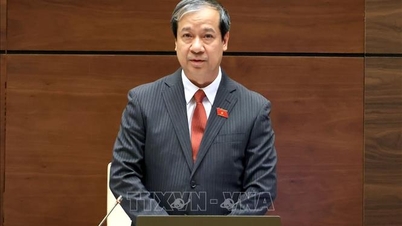
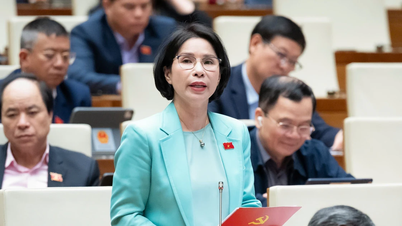



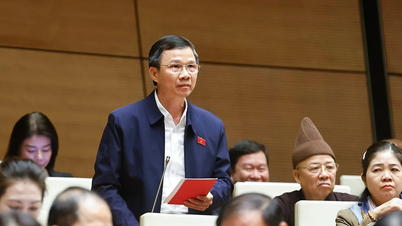
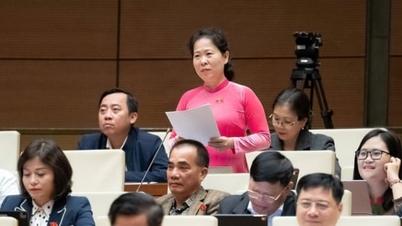




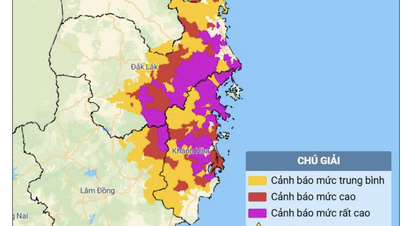

![[Video] The National Assembly enters its 26th working day, discussing the draft Law on Artificial Intelligence](https://vphoto.vietnam.vn/thumb/402x226/vietnam/resource/IMAGE/2025/11/21/1763691891182_image.jpeg)

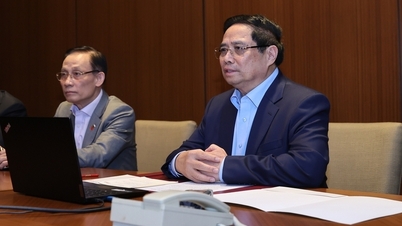








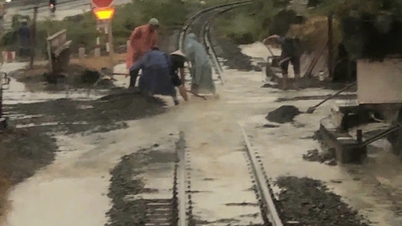
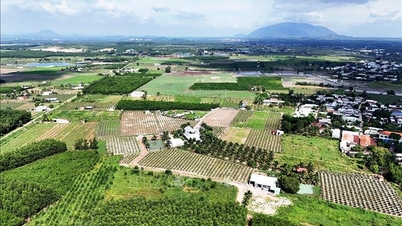













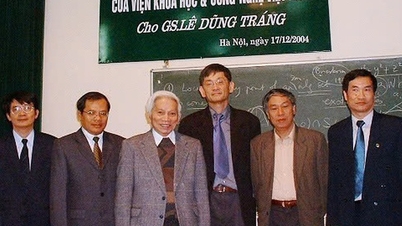





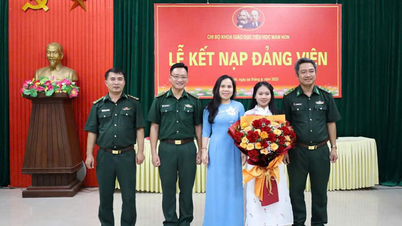
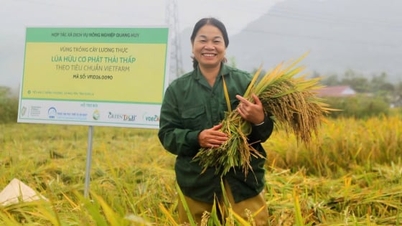

























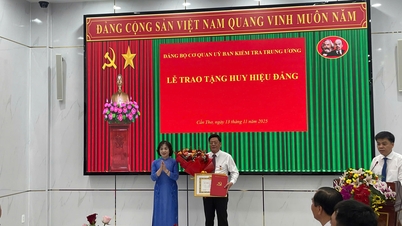


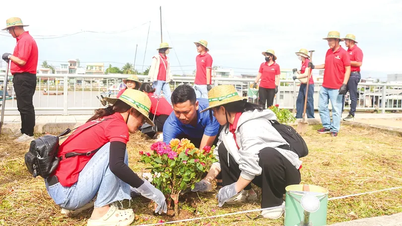






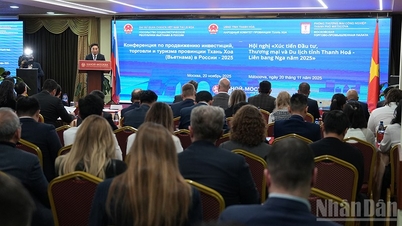
















Comment (0)